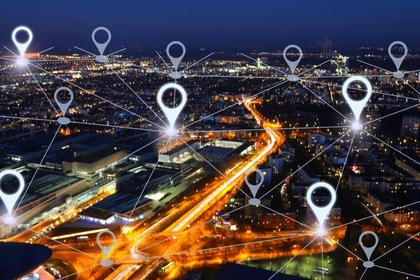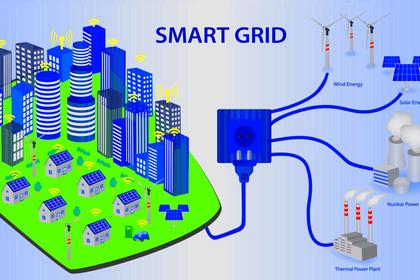
AI FOR ENERGY EFFICIENCY

By NUNO SILVA CSTO - Chief Scientific and Technology Officer, UnifAI Technology
ENERGYCENTRAL - May 17, 2023 -
Introduction:
Artificial intelligence (AI) is revolutionizing various industries, and one area where its potential is particularly promising is in optimizing energy efficiency and reducing carbon emissions. As the world grapples with the challenges of climate change and the need for sustainable practices, AI can play a crucial role in transforming the way we produce, consume, and manage energy. In this article, we will explore the various ways in which AI can contribute to energy efficiency and carbon emissions reduction, and the benefits it brings to the environment and society as a whole.
Smart Grid Management:
AI-powered systems can enable smarter grid management by analysing vast amounts of data in real-time. These systems can monitor energy consumption patterns, predict demand, and optimize energy distribution across the grid.
Energy Consumption Monitoring:
AI can assist in monitoring and analysing energy consumption patterns in buildings, industries, and homes. Smart sensors and connected devices can collect data on energy usage, and AI algorithms can analyse this data to identify opportunities for energy efficiency improvements.
Predictive Maintenance:
AI can optimize energy efficiency by implementing predictive maintenance strategies. Machine learning algorithms can analyse historical data and sensor readings to detect potential equipment failures or performance degradation. By identifying and addressing issues before they escalate, AI-enabled predictive maintenance can minimize energy waste and downtime.
Renewable Energy Integration:
AI can facilitate the integration of renewable energy sources into the power grid. By analysing weather patterns, energy demand, and supply dynamics, AI algorithms can optimize the integration of solar, wind, and other renewable sources, ensuring their effective utilization.
Transportation and Logistics Optimization:
AI can optimize transportation and logistics, reducing energy consumption and carbon emissions. AI algorithms can analyse traffic patterns, optimize route planning, and facilitate efficient delivery schedules. Additionally, AI can support the transition to electric and autonomous vehicles, further reducing carbon emissions in the transportation sector.
Conclusion:
AI has immense potential to revolutionize the energy sector and contribute to a more sustainable future. By leveraging AI technologies, we can optimize energy efficiency, reduce carbon emissions, and mitigate the impacts of climate change.
-----
This thought leadership article was originally shared with Energy Central's Digital Utility Community Group. The communities are a place where professionals in the power industry can share, learn and connect in a collaborative environment. Join the Digital Utility Community today and learn from others who work in the industry.
-----
Earlier:
















